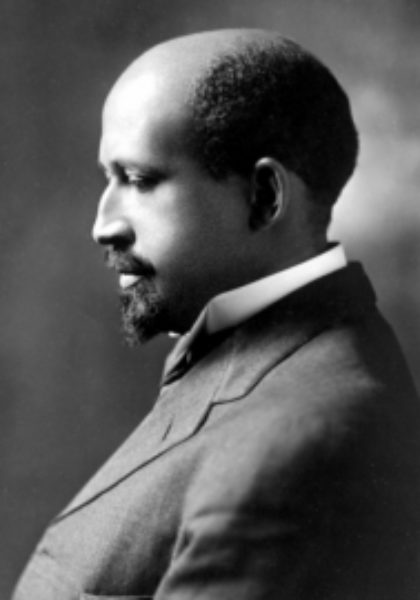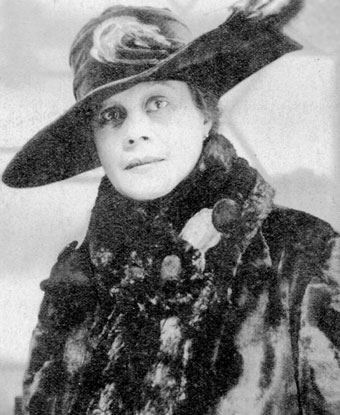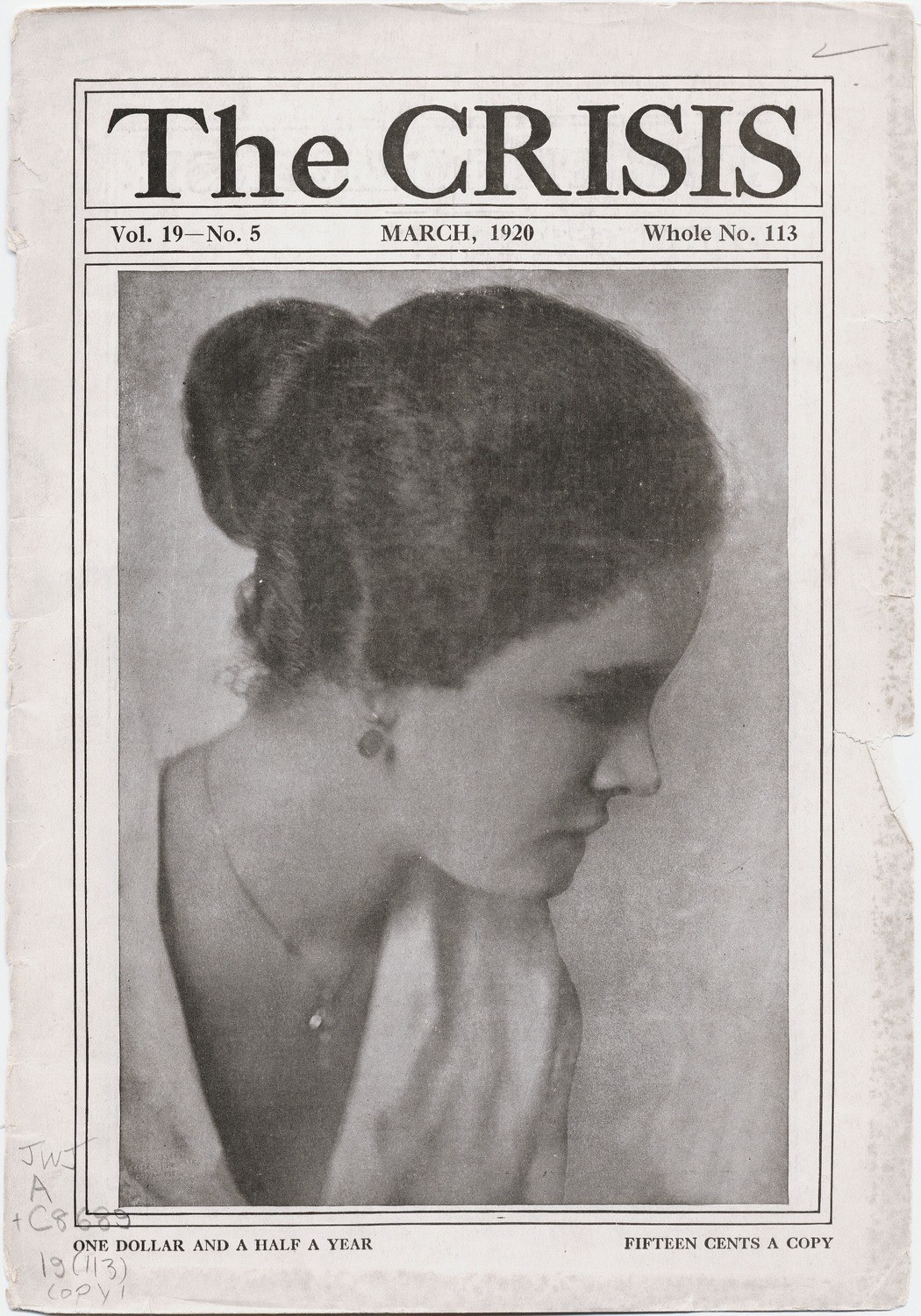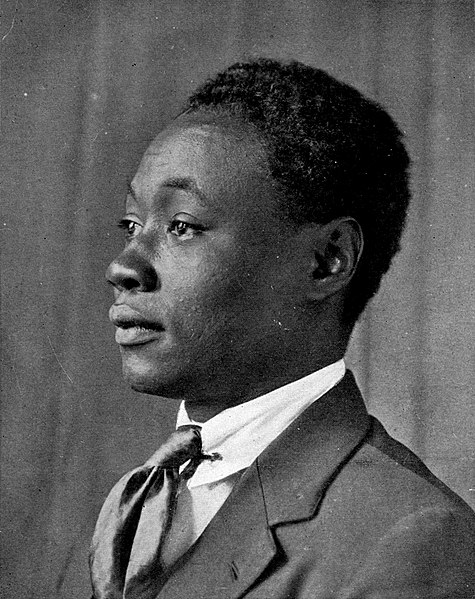
Toomer
(Jean Toomer)
I did not wish to "rise above"
or "move beyond" my race. I wished
to contemplate who I was beyond
my body, this container of flesh.
I made up a language in which to exist.
I wondered what God breathed into me.
I wondered who I was beyond
this complicated, milk-skinned, genital-ed body.
I exercised it, watched it change and grow.
I spun like a dervish to see what would happen. Oh,
to be a Negro is-is?-
to be a Negro, is. To be.











